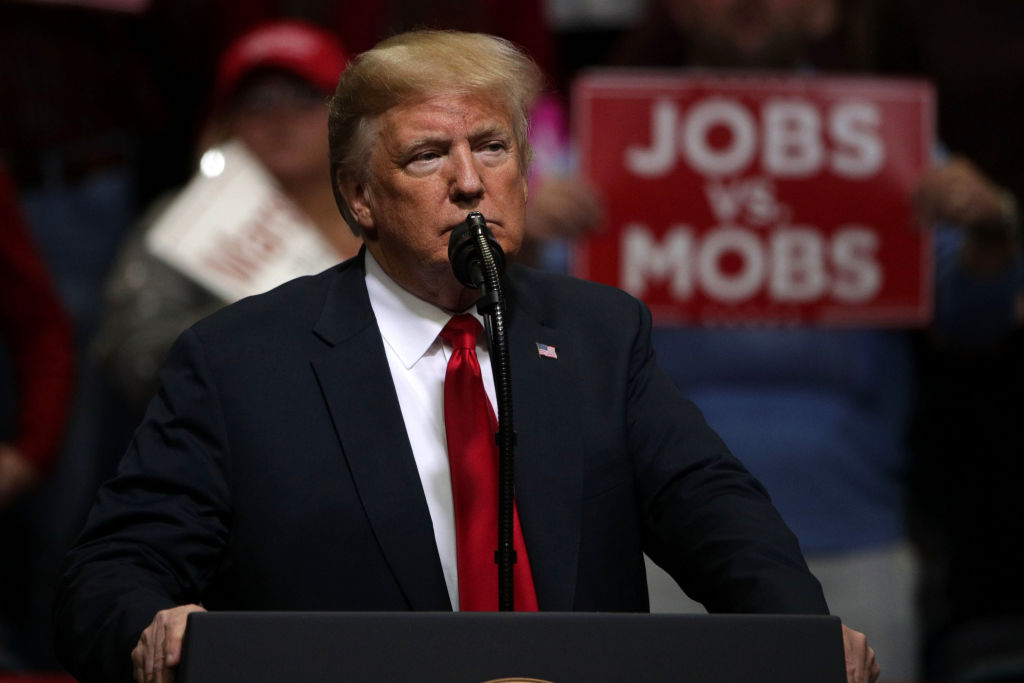The Trump economy has defied all sceptics and naysayers. Unemployment is at half-century record lows, wages are up, and Wall Street opened November by bouncing back from a rocky October. Trump was supposed to be a reckless leader who would panic the markets. He hasn’t. His tariffs were supposed to torpedo the economy. They haven’t. If Americans vote on jobs, wages, and the business climate come Tuesday, Republicans will keep the House of Representatives and expand their Senate majority.
But do voters ever think of midterm elections as a referendum on the economy? Conventional wisdom says no, but the reality is more complicated. Republicans lost 26 seats in Ronald Reagan’s first midterm election in 1982 — a big loss by the standards of the day, but perhaps not so surprising in light of the fact the country had been in a 16-month recession that only ended the month of the election. The ‘86 and ‘90 midterm elections, by contrast, saw only single-digit House losses for Republicans with Reagan and George H.W.







Comments
Join the debate for just $5 for 3 months
Be part of the conversation with other Spectator readers by getting your first three months for $5.
UNLOCK ACCESS Just $5 for 3 monthsAlready a subscriber? Log in